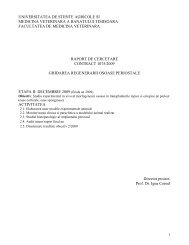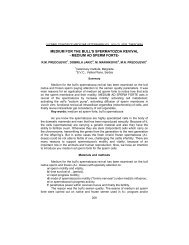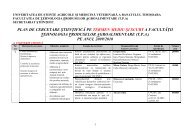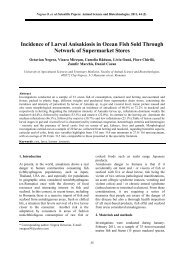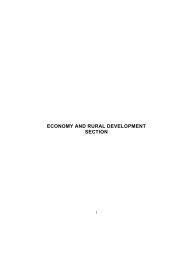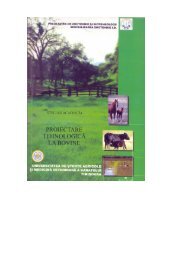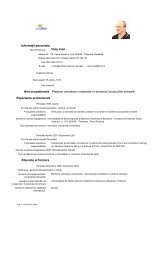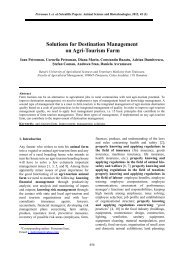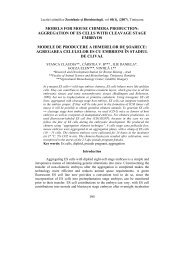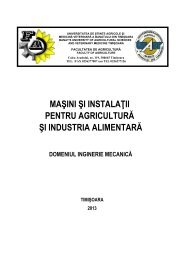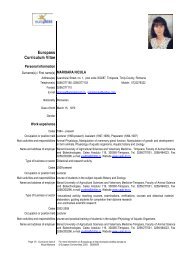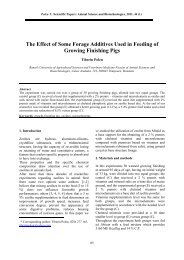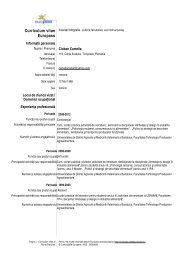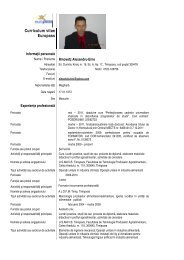journal of linguistic studies
journal of linguistic studies
journal of linguistic studies
You also want an ePaper? Increase the reach of your titles
YUMPU automatically turns print PDFs into web optimized ePapers that Google loves.
Further research could be carried out by taking steps to compare our results with the<br />
results <strong>of</strong> abstracts analysis not only in related, but in unconnected disciplines as well.<br />
REFERENCES<br />
Bhatia, K. V. (1993). Analysing Genre: Language Use in Pr<strong>of</strong>essional Settings. London<br />
and New York: Longman.<br />
Bhatia, V. (2004). Worlds <strong>of</strong> Written Discourse. New York: Continuum.<br />
Chen, H. (2008). Learning in new times: writing through the “eyes <strong>of</strong> genre”. In Kell, P.,<br />
Vialle, W., Konza, D. & Vogl, G. (eds.), Learning and the learner: exploring<br />
learning for new times. Australia: University <strong>of</strong> Wollongong. 193-208.<br />
Dudley-Evans, T. & St John, M. J. (1998). Developments in English for Specific<br />
Purposes: A Multi-disciplinary Approach. Cambridge: Cambridge University Press.<br />
Grice, H. P. (2006). Logic and Conversation. In Jaworski, A. & Coupland, N., The<br />
Discourse Reader. London and New York: Routledge. 76-88.<br />
Hyland, K. (1992). Genre Analysis: Just another fad? In Forum 33 (2): 14-17.<br />
Lakić, I. (1999). Genre Analysis: ESP Discourse. Podgorica: University <strong>of</strong> Montenegro,<br />
Institute for Foreign Languages.<br />
McCarthy, M. (1991). Discourse Analysis for Language Teachers. Cambridge:<br />
Cambridge University Press.<br />
Swales, J. (1990). Genre Analysis: English in Academic and Research Settings.<br />
Cambridge: Cambridge University Press.<br />
BRANKA ŽIVKOVIĆ<br />
Danila Bojovića bb.<br />
81 400 Nikšić<br />
Montenegro<br />
88



